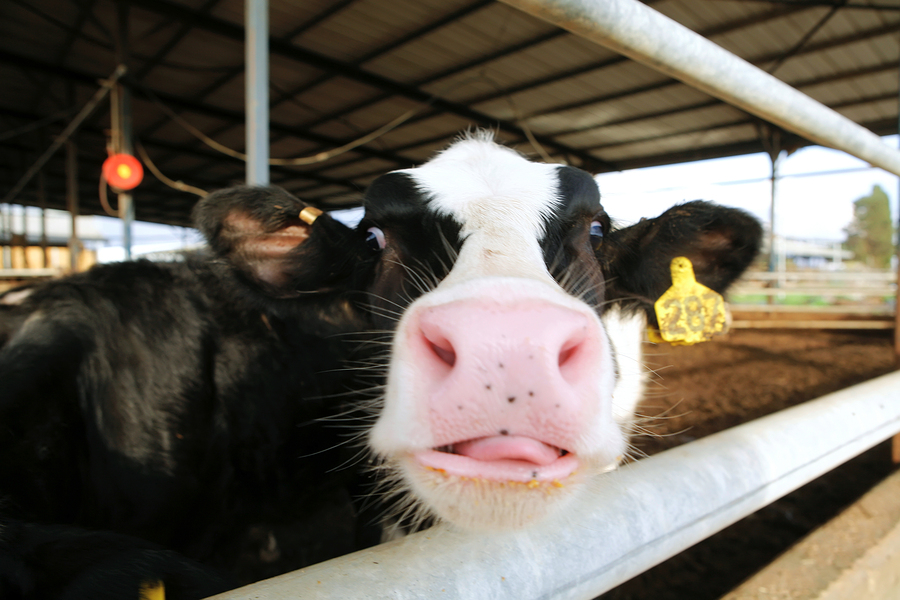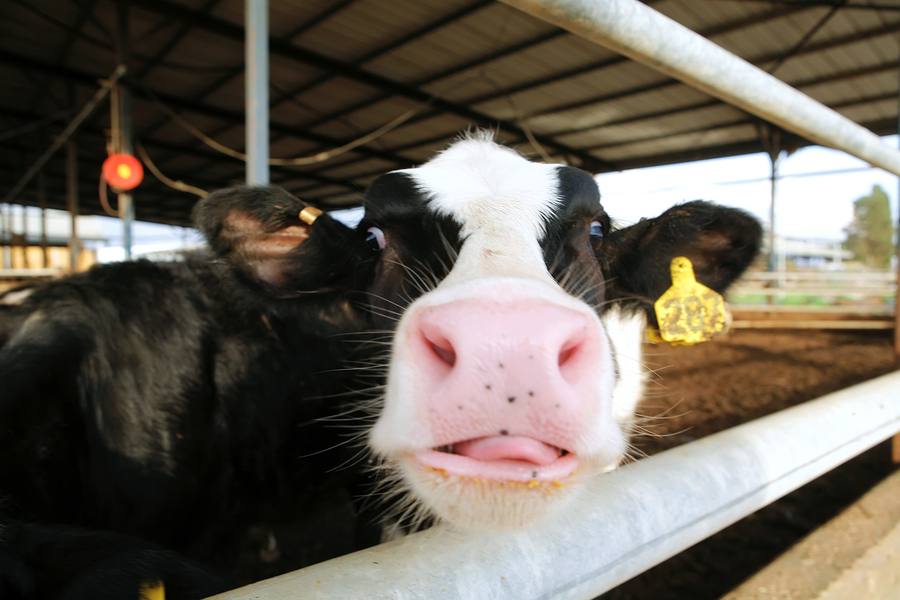
According to Gladys Block, UC Berkeley professor emerita of nutritional epidemiology who co-authored the study, the odds of having breast cancer were roughly three times greater in subjects in which BLV was present.
“If this virus did play a role and turned out to be responsible for a large portion of those cases, then we could think about preventative measures,” Buehring said. “This would change the whole picture of breast cancer.
An old friend, who is a scientist, sent me this breaking news today. I was surprised to see it already topping the headlines from Huffington Post to Prevention Magazine.
Here’s a quote from one of the mainstream pieces just out:
A team led by UC Berkeley virology professor Gertrude Buehring performed a study, published in the journal PLOS ONE, determining that contact with the cattle-borne bovine leukemia virus could be a cause of breast cancer. Breast cancer is the second most common form of cancer among women in the United States, according to the National Cancer Institute.
The Cooperative Human Tissue Network provided the researchers with breast tissue samples from 239 donors. The study found that 59 percent of the cancerous samples used had been exposed to the virus, while only 29 percent of the tissue samples from women without breast cancer exhibited BLV antibodies.
According to Gladys Block, a UC Berkeley professor emerita of nutritional epidemiology who co-authored the study, the odds of having breast cancer were roughly three times greater in subjects in which BLV was present.
“We calculate that 37 percent of all breast cancers are attributable to this cause,” Block said. “That’s a fantastically large attributable risk.”
For more than 30 years, BLV, a virus that causes leukemia and lymphoma in cattle, was not believed to infect humans. But new technology introduced in the 1990s such as DNA sequencing allowed for more sensitive techniques to detect viruses and enabled Buehring to publish a study in 2003 that challenged that long-held belief.
“(Our study) overturned a 30-year dogma that humans did not get infected with this virus and it was not transmissible from cattle,” Buehring said.
Last year, Buehring and her team published a study confirming the presence of bovine leukemia virus in the mammary epithelial cells of human breast tissue, where breast cancer originates.
Here’s yet another one of the articles (with the same title- I didn’t make it up) that talks about the serious risks and how it triples your chance of breast cancer. Heck even CNN admits that 1 in 2 women will get breast cancer within a decade or two. It’s not pretty. Could BLV (cancer in cows) be the reason for the huge increase?
In a first, a new study claims that exposure to bovine leukemia virus (BLV) that causes cancer in cattle could increases risk of breast cancer in women.
Business Standard reports findings of the study published in PLOS ONE. Accordingly, 239 breast cancer tissue samples showed evidence of exposure to BLV. In the study around 59 percent of breast cancer tissue indicated presence of viral DNA as against 29 percent non-cancerous samples with possible exposure to BLV. The study concluded that the risk of having breast cancer could be 3.1 times higher if exposed to BLV.
“This odds ratio is higher than any of the frequently publicized risk factors for breast cancer, such as obesity, alcohol consumption and use of post-menopausal hormones,” said study lead author Gertrude Buehring, a professor at UC Berkeley’s School of Public Health.
If this isn’t evidence enough just do a search on Google news. We don’t drink cow’s milk or products and we don’t eat cows so fingers crossed- we’re ok (but wondering since we did a while back if the damage is already done).












